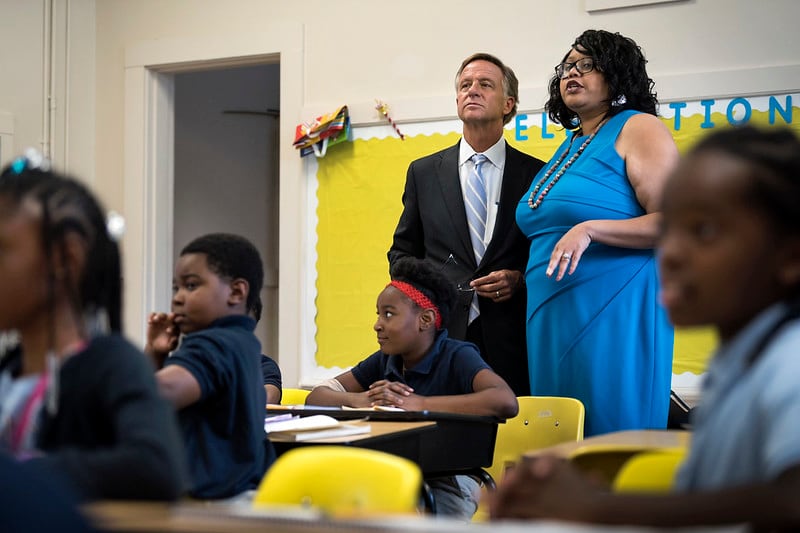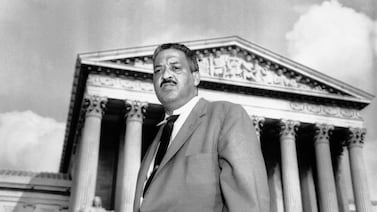Tennessee is preparing to launch its third search in two years for its first superintendent over statewide school turnaround work.
Meanwhile, Yolanda Dandridge, a key school turnaround leader in Memphis, submitted her resignation from the Achievement School District, the state’s most prominent school improvement initiative, with 27 schools serving more than 9,000 students in Memphis and Nashville.
The developments come as Gov. Bill Lee’s administration seeks to jumpstart school turnaround work that was supposed to deliver quick and dramatic outcomes but instead has yielded sluggish and uneven results for almost 10 years.
Schools are also grappling with pandemic-related learning disruptions, which have put many struggling students even further behind, based on early data. In addition, the state is rolling out new phonics-based reading instruction techniques for the early grades, viewed as critical for school improvement.
“School turnaround work is difficult and arduous, and no time is more critical than any other,” said state spokesman Brian Blackley, who confirmed the developments on Tuesday.
The education department will hire an outside firm to search nationally for candidates for turnaround superintendent. The goal is to conduct interviews in the fall and fill the job by year’s end, Blackley said.
The turnaround chief will supervise state interventions within the ASD and other “priority” schools performing in Tennessee’s bottom 5%. The superintendent also will oversee schools with large achievement gaps among groups of historically underserved students, such as English language learners, students with disabilities, or those from racial and ethnic groups or economically disadvantaged backgrounds.
Education Commissioner Penny Schwinn has put the superintendent search on hold twice — once in 2020 when the pandemic began and again in January due to budget uncertainties and pending ASD legislation. Schwinn says those matters are now settled, including the legislature’s passage of a plan for schools to leave the Achievement School District after 10 years in the program.
In an interview, Schwinn said she’ll task the turnaround chief with collaborating closely with local school, district, and community leaders to improve struggling schools — a departure from the ASD’s early approach, when the state mostly took over neighborhood schools and assigned them to charter operators.
“What we’ve heard over and over is the need for community engagement” at all stages of school improvement work, she said, calling it “one of the big lessons learned” from the ASD.
Dandridge is the ASD’s highest-profile departure this year and will exit her job as chief of school accountability and compliance on July 15.
Before joining the district’s central office, she was a principal, assistant principal, and teacher at Georgian Hills Achievement Elementary School, one of the state-run district’s highest-performing schools in Memphis, and also worked for the Memphis Scholars charter group. She served briefly as ASD interim co-superintendent in 2020 before Lisa Settle took on that role full-time.
Blackley said the state plans to replace Dandridge and Jacob Hardy, who last month left his position as manager of operations for three of the ASD’s non-charter Achievement Schools in Memphis.
The ASD’s central office, which is operating remotely due to the pandemic, has 29 employees, compared to 31 in January 2020.








